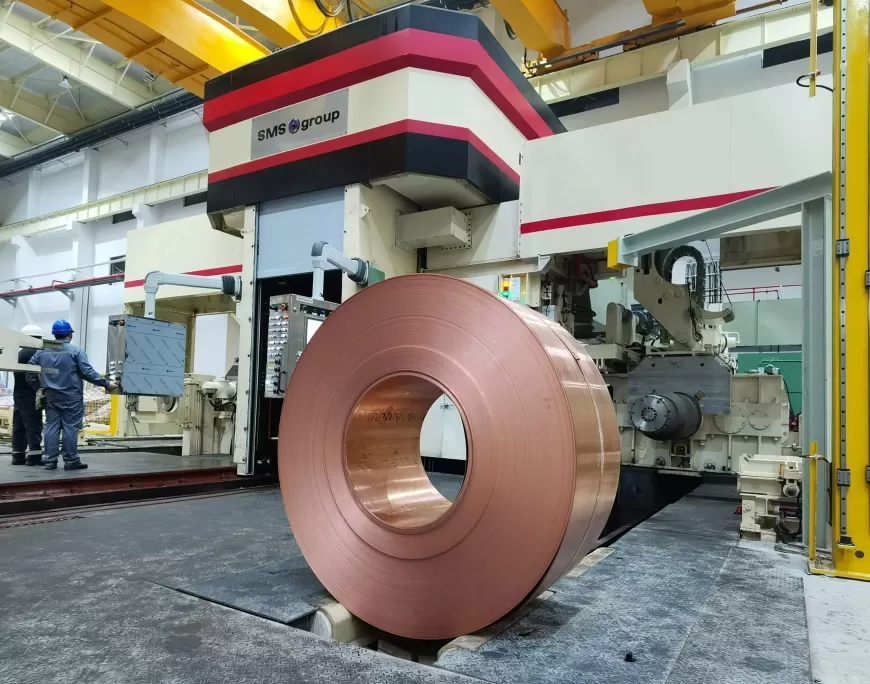Copper Stabilizes After Major Drop in Nearly Two Years
Chinese Factories Resist Record Prices; Federal Reserve’s Stance on Inflation Adds Pressure

Copper prices have stabilized after experiencing the largest drop in almost two years. This comes as Chinese factories hesitated to pay the recently record-high prices and the Federal Reserve officials expressed hawkish views on inflation.
Earlier this week, copper soared to an all-time high of over $11,000 per ton, driven by bullish market bets that forced short sellers to close their positions. However, this surge was followed by a 4.1% slump on Wednesday, the steepest decline since July 2022, due to profit-taking and signs of weakening demand in China.
Impact on Chinese Factories
China, the world's largest consumer of metals, is witnessing its factories struggle to pass on the high costs of copper to customers who produce items ranging from air conditioners to home electronics. This resistance has contributed significantly to the recent drop in copper prices.
Federal Reserve’s Influence
In the United States, the Federal Open Market Committee's May meeting minutes revealed concerns about “disappointing” price increases. Officials indicated that interest rates might remain higher for longer if inflation does not move toward the 2% target. This stance could potentially slow down global economic growth, further impacting copper prices.
Market Outlook
Despite the recent volatility, some analysts believe that copper prices may remain elevated in the near term. Jinrui Futures Co. noted that the record rally is “showing signs of easing.” However, China’s commitment to increase stimulus measures and expectations of tighter supply could support higher prices.
As of 3:16 p.m. local time, copper was relatively stable at $10,411 per ton on the London Metal Exchange. Meanwhile, aluminum saw a slight decline, down 0.9%.
Conclusion
The recent fluctuations in copper prices highlight the sensitivity of the market to both supply and demand dynamics and broader economic policies. The interplay between Chinese industrial demand and the Federal Reserve's monetary policy will likely continue to influence the market in the coming months.
Also Read: Copper Prices Hit Record Highs, but Future Uncertain Due to U.S. Market Activity































































